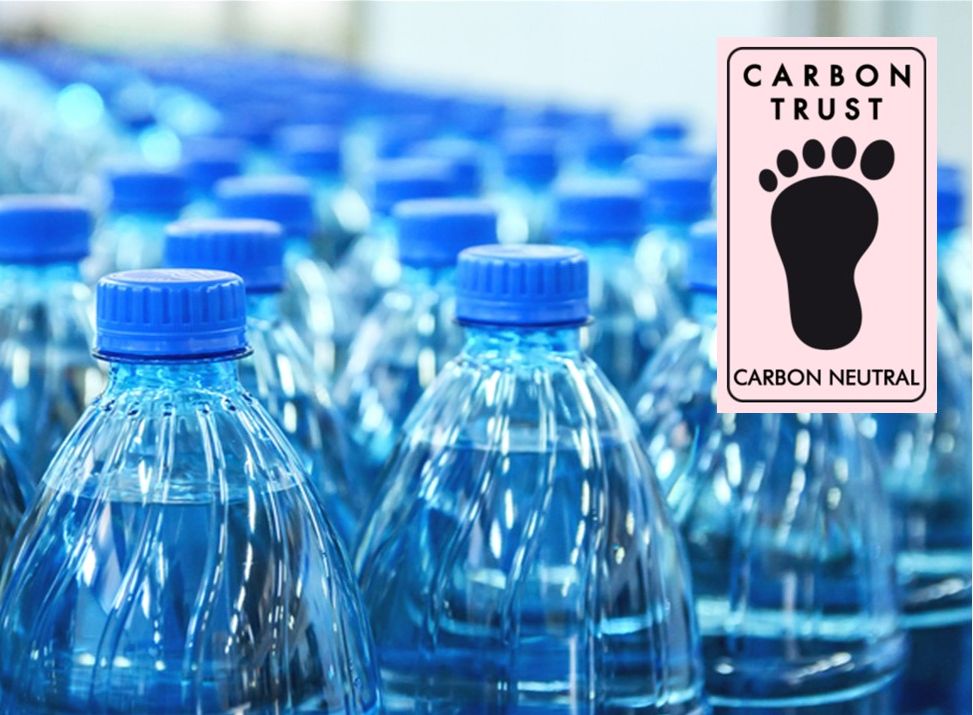Danone Waters of America has urged a court in New York to reconsider its recent decision to allow a lawsuit over allegedly misleading ‘carbon neutral’ claims on Evian bottled water to proceed.
Regulatory affairs experts are closely watching the case* amid growing scrutiny of carbon neutral claims, while some large CPG players are reportedly souring on the term. In this case, the claim was certified by a high-profile third party: The Carbon Trust.
In his January 10 order, US district judge Nelson S. Román said it was “plausible that the ambiguous term ‘carbon neutral,’ a technical word not within an average consumer’s common parlance and carrying multiple meanings, could mislead a reasonable consumer.” Were Evian to have used the term “to induce consumers to purchase the product at a higher price,” he added, the plaintiffs had also “plausibly pled a fraud claim.”
In a motion urging the judge to reconsider, Danone said the court had “focused on the statement ‘carbon neutral,’ which it found ambiguous, instead of the fully contextualized statement on the back of pack, ‘We are Certified Carbon Neutral‘ next to the Carbon Trust logo.”
It added: “That full statement beside the Carbon Trust logo is not ambiguous. It communicates the existence of a certification. As another court recently held in an analogous case where the defendant’s label said ‘certified sustainably sourced,’ the defendant ‘is not advertising that their products are sustainable, but that their products are certified as sustainable… This is a distinction with a difference, and that label is not a lie.”
According to Danone, Judge Román had also “misapplied the law in sustaining the fraud claim, both with regard to fraudulent intent and to whether a false statement of fact had been pled.”
It added: “Allowing the fraud claim to proceed is particularly improper and would create dangerous precedent. Simply parroting the word ‘greenwashing’ to clear the high bar for pleading scienter [intent to defraud] and claiming the company seeks to increase demand and charge a higher price does not comport with Second Circuit law, which requires motive and opportunity to be alleged with allegations that are not shared by all profit-making enterprises.”
Read more about the case here.
*The case is Stephanie Dorris et al vs Danone Waters of America, filed in the southern district of New York. Case 7:22-cv-08717





